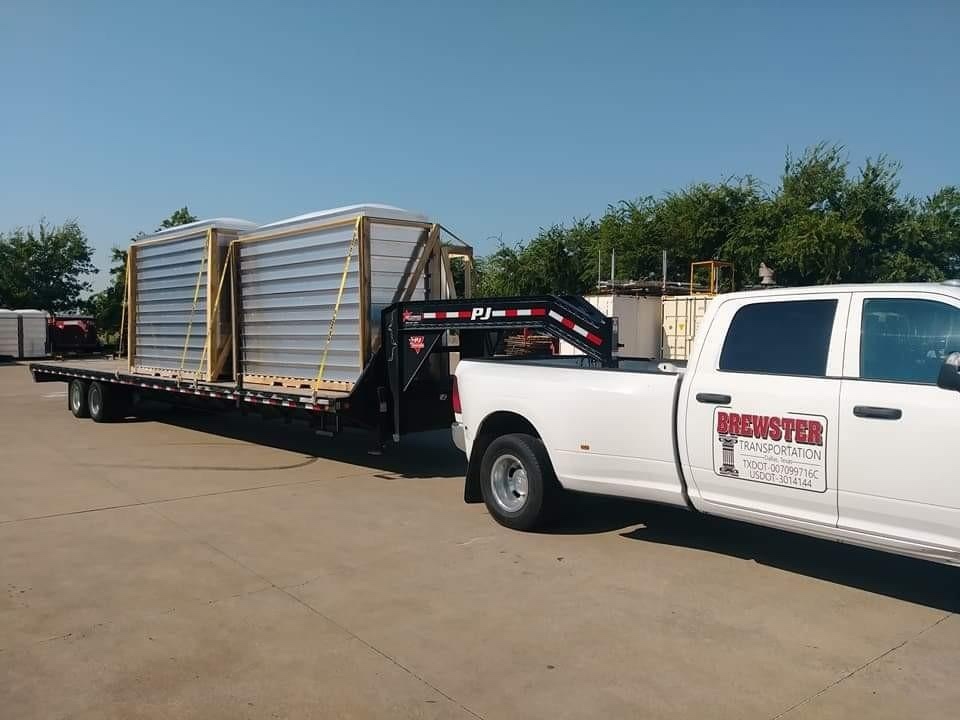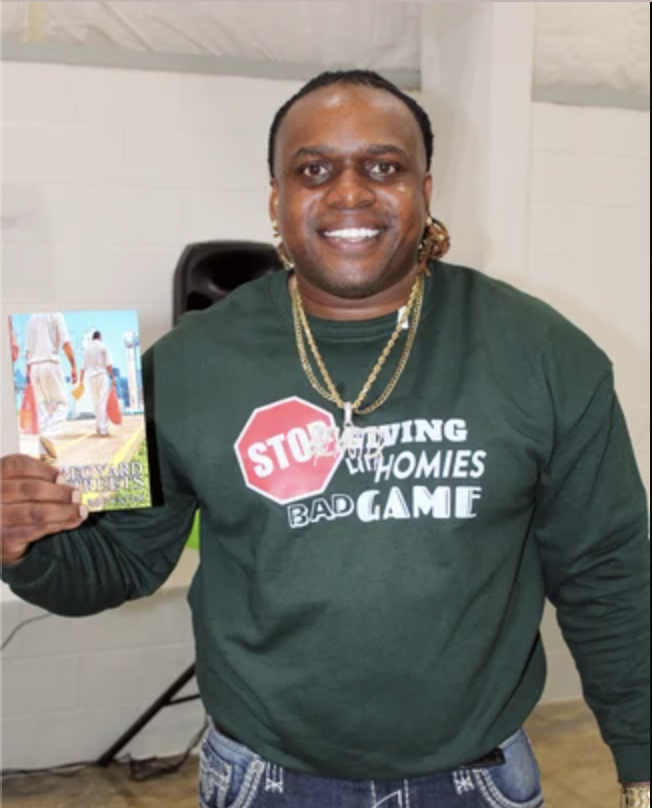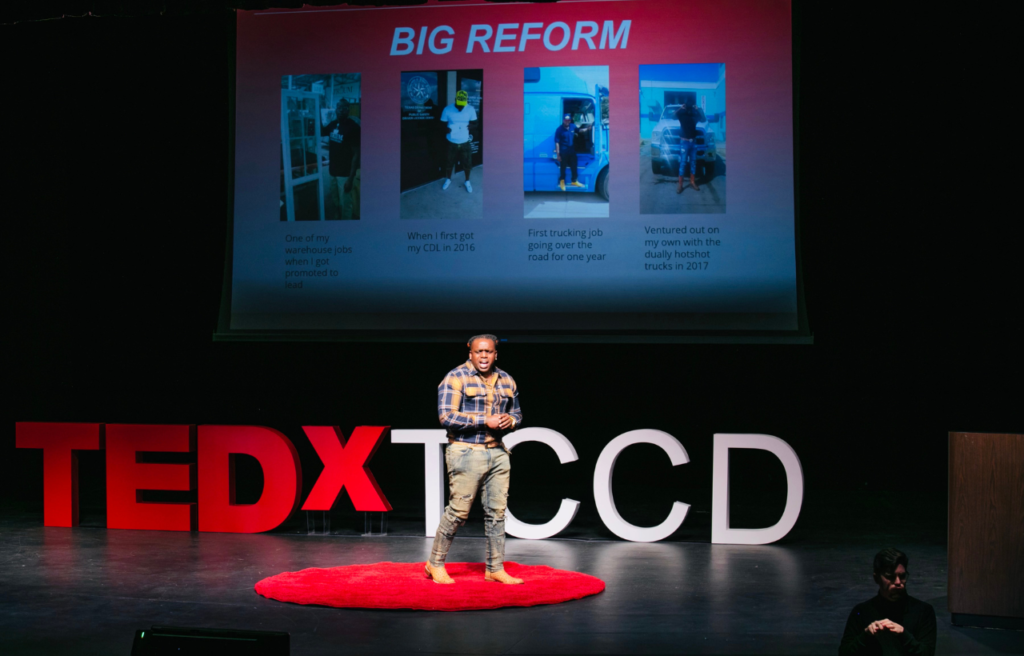Interview and video by Jedarrian Jones. Photos provided by Keidrain Brewster.
Keidrain Brewster is a remarkable individual whose journey from incarceration to entrepreneurial success is a powerful testament to resilience and determination. After spending 13 years in the Texas Department of Criminal Justice, Keidrain was released in 2014. He has since transformed his life, becoming a best-selling author, business owner, and social media influencer. His trucking company, Brewster Logistics, started with a single truck and has grown into a fleet of ten trucks, employing over 15 people. Keidrain is also the author of two books, “From the Rec Yard to the Streets” and “From the Streets to the Suites,” which detail his personal journey and the lessons he learned along the way.
Keidrain is deeply committed to reducing recidivism by inspiring formerly incarcerated individuals to pursue new career paths. He advocates for educational tools within the penal system and employs individuals with criminal backgrounds, offering them a chance at a better life. Through his work, Keidrain Brewster continues to pave the way for others, proving that a troubled past does not have to dictate one’s future. Join us as we delve into Keidrain’s inspiring story, his insights on entrepreneurship, and his efforts to make a positive impact on society.

Brewster Trucking is a place where I help individuals who are looking to get into the trucking business. A lot of people don’t know the basics as far as getting your trucking authority, getting the insurance, the type of truck, and the type of trailer. Then, once you do get these things, then it’s, “How do I go about getting these dispatch loads?” So, Brewster Trucking is a place where you can get mentorship and things that you need to start trucking.
I’ve never seen it as me actually helping others, I saw it more as an opportunity to expose good guidance into the culture. I didn’t really ever look at it from the standpoint of, “I’m helping them.” I looked at it from the standpoint of me just giving out game. And what people don’t know is when I’m helping somebody else, I’m really helping myself. So when I’m talking to everybody else, I’m really talking to myself. That’s how I keep myself in check.
I have a saying: “Stop giving the little homies bad game.” That means that you are giving them the wrong information. You are misleading them. Versus “good game,” which is giving them the proper information and knowledge to allow them to succeed.


Unlocking Doors is a great nonprofit organization for individuals just coming out from prison. It is an outstanding organization. They gave me my first opportunity, and the platform to be able to speak on the big stage and promote the big reform movement. I had written my book, and you know, when you first put something out, you don’t necessarily get the support of your family and friends. So, I had been pushing and pushing. I actually have a cousin named Jamie, and she’s the one who brought me to Unlocking Doors. Christina Crain (the President and CEO of Unlocking Doors) was the one who gave me that opportunity. I’m so thankful for it. Because without Christina, my foot would never have gotten in the door. She actually is the one who gave me the opportunity and put me up on the big stage. And since then, we’ve developed a beautiful relationship. We’ve been working together for about six or seven years.
August 4th will mark 10 years since I’ve been home! The statistic is that 76 percent of all inmates return to prison within the first three years of being released, so we beat that statistic. And as far as everything else I’ve accomplished, it’s just like I say: it’s about having great relationships with people like Unlocking Doors and someone who actually believes in you.
Unlocking Doors is a place that really helps you with a job. It is a spot where you can get your ID and your Social Security card. I mean, it seems like some very small things, but it’s so big when you’re trying to get a solid foundation. So when you are dealing with an individual that’s building from the ground up, that foundation can consist of getting an ID, Social Security card , insurance, housing, employment, you need a resume, you need access to computers, like these are real things that an individual that’s looking from the ground up trying to come up with, you need these things and unlocking doors gave me that opportunity.
This story is part of a series that highlights individuals who have showcased remarkable resilience and transformation. Through their inspiring journeys, they demonstrate that it is possible to overcome significant obstacles and make a meaningful impact on society. Stay tuned for more stories of perseverance, success, and the power of the human spirit.
Sign up with your email address to receive good stories, events, and volunteer opportunities in your inbox.